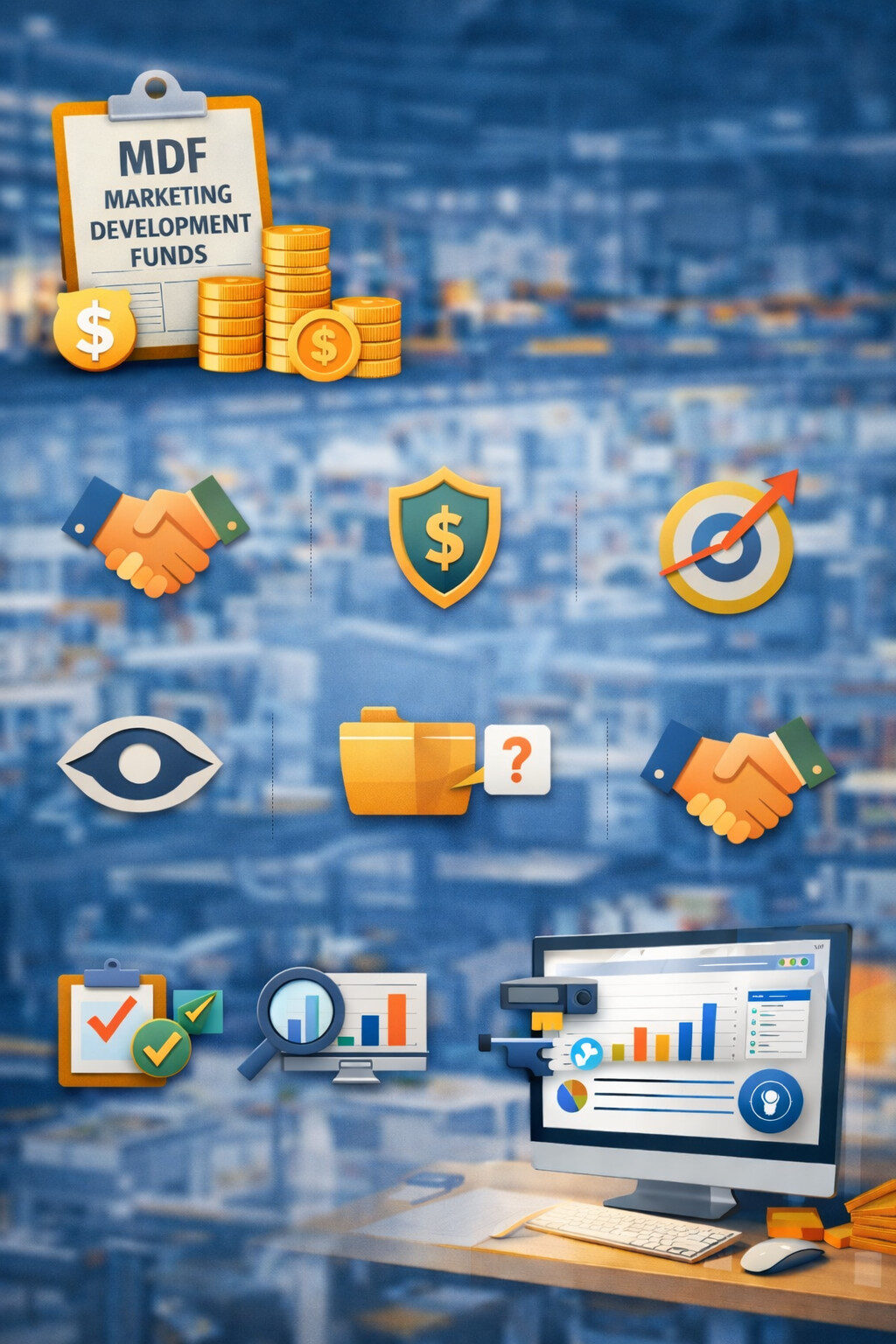Last week Chairman Mike Crapo (R-ID) released the Senate Finance Committee’s draft bill to address expirations of the 2017 TaxA tax is a mandatory payment or charge collected by local, state, and national governments from individuals or businesses to cover the costs of general government services, goods, and activities.
Cuts and Jobs Act (TCJA) and make other changes to the tax code. Included is Subchapter B—Permanent America‑First International Tax Reforms, which houses most of the bill’s international provisions. It revises features of the TCJA system, such as global intangible low-taxed income (GILTI), foreign-derived intangible income (FDII), and the Base Erosion and Anti-Abuse Tax (BEAT). It also modifies new taxes seen in the House bill like the § 899 retaliation regime and the remittances tax. Generally, the Senate bill promises a key feature of sound tax policy: permanence.
Why permanence matters
Every major international change in the Senate’s bill is permanent, from the rates to the base changes. That stability, if Congress can keep it through the reconciliation process, is welcome. Firms contemplating decade‑long capital projects need to know the tax terms that will be in force when the investments begin to throw off cash; rules that sunset after five years may not benefit a long-run project at all.
The Senate clearly had permanence in mind throughout the bill; domestic side provisions are permanent as well. If the Senate can keep to this goal, it improves on the TCJA, which failed to deliver permanence on important provisions. For example, the TCJA left looming tax hikes on GILTI, FDII, and BEAT.
Instability is a mistake best not repeated. Permanence on sustainable tax rates is better than impermanence on unsustainable ones. The bill’s rate hikes relative to current policy (14 percent, effectively, for all three of GILTI, FDII, and BEAT, higher than current law but lower than scheduled increases) are a concession to sustainability.
Hewing to President Trump’s trade vision
The bill adds a “build in America” twist to the TCJA, consistent with President Trump’s messages on trade. Most significant is the repeal of qualified business investment (QBAI): The bill strikes the 10 percent deemed return on tangible assets, which has the effect of renaming the GILTI inclusion to net CFC tested income (NCTI) and renaming the FDII base to foreign‑derived deduction‑eligible income (FDDEI). Repealing QBAI effectively raises taxes on physical capital deployed abroad by US firms, while lowering taxes on capital in the US used for exports. More subtly, new sourcing rules for inventory may help exporters deploy foreign tax credits better under new § 904(b)(6). All in all, the Senate’s incentives would appear to improve the tax treatment of firms that export from the US, while taxing profits from physical capital in other countries more heavily.
Will the changes shrink the trade deficit or boost growth? Probably not. Capital deployed abroad by US companies is mostly used to support US exports, not replace work done in the US. For example, software companies need data centers close to customers to reduce latency. Heavy equipment manufacturers need warehouses with spare parts and maintenance workers close to customers in order to service the machines. Moreover, attempts to massage the trade deficit through tax policy are often thwarted by changes in exchange rates.
Softer edges on the House’s new taxes
The Senate softens new international tax provisions from the House bill that were overly harsh or compliance headaches. While there are still significant risks to these policies, the Senate version includes narrow improvements relative to the House proposals.
The House version of the § 899 retaliation threatens a speedy escalation of income taxes and BEAT against foreign nationals from countries with an offending tax like a digital services tax (DST) or an undertaxed profit rule (UTPR) from the Pillar Two global minimum tax agreement. While the goal of eliminating these taxes is a valuable one, it should be balanced against the potential damage to US capital markets and foreign direct investment (FDI), which would be considerable if the retaliation fully took effect.
The Senate softens the retaliation somewhat. It reduces the maximum rate of the escalating income tax penalties to 15 percent, from 20 percent in the House draft. Furthermore, it applies escalating income tax rates only to UTPR countries, not both UTPR countries and DST countries. It also does not target Diverted Profits Taxes (DPTs) that were also threatened in the House version.
The Senate also delays the penalties to January 1, 2027, for calendar-year filers. For some non-calendar-year filers, the penalties could arise earlier. A clean January 2027 deadline for all negotiations would be an improvement.
Similarly, the remittance excise taxAn excise tax is a tax imposed on a specific good or activity. Excise taxes are commonly levied on cigarettes, alcoholic beverages, soda, gasoline, insurance premiums, amusement activities, and betting, and typically make up a relatively small and volatile portion of state and local and, to a lesser extent, federal tax collections.
remains in the Senate draft, but with many more categories of money transfer exempt. It is wise to reduce undue compliance burdens on Americans through more exemptions, but the tax remains nonneutral and will likely struggle at revenue generation.
The “coexistence” vision for Pillar Two
While § 899 is overtly hostile to the UTPR, the bill takes some steps towards coexistence with the remainder of Pillar Two, in two respects. First, the bill includes a high-tax exemptionA tax exemption excludes certain income, revenue, or even taxpayers from tax altogether. For example, nonprofits that fulfill certain requirements are granted tax-exempt status by the Internal Revenue Service (IRS), preventing them from having to pay income tax.
from BEAT, which could remove it for many companies from Pillar Two countries—provided they drop the UTPR. (Indeed, if they keep a UTPR, they will suffer the expanded BEAT from § 899.) The high-tax exemption also effectively turns BEAT into a country-by-country enforcer against low-tax countries, in line with Pillar Two goals—and indeed, with BEAT’s stated purpose.
Second, the bill moves GILTI closer to international norms by hiking the rate but paring back some idiosyncratic US elements: expense allocation and the foreign tax creditA tax credit is a provision that reduces a taxpayer’s final tax bill, dollar-for-dollar. A tax credit differs from deductions and exemptions, which reduce taxable income rather than the taxpayer’s tax bill directly.
“haircut.” Tax Foundation modeling shows that these two current-law US provisions effectively made GILTI tougher than a minimal Pillar Two income inclusion rule (IIR), despite a statutory rate below the 15 percent minimum. The result is that US companies face a 14 percent top rate after the impact of the remainder of the foreign tax credit haircut.
Expense allocation and the foreign tax credit haircut both had valid rationales, but conformity to international norms may make it easier for US negotiators to argue that the US effectively has the minimum tax levels Pillar Two requires. The Senate draft essentially gives US companies more statutory rate credibility for the effective rates they already pay.
Praiseworthy cleanup elements
One of the Senate bill’s greatest strengths is attention to detail on small “bug fixes”: changes that greatly simplify at small cost, clarify longstanding issues, or remove unintended consequences. Many of these are inspired legislation introduced by Senator Thom Tillis (R-NC), the International Competition for American Jobs Act (ICAJA). These “housekeeping” elements are tax policy at its best, eliminating or rewriting provisions that increase compliance costs, confusion, or tax planning expenses more than they increase revenue.
Turning the “look through” rule, a longstanding extender, into permanent policy is a strong simplification. The rule allows payments from one controlled foreign corporation (CFC) to another to avoid being counted as “foreign personal holding company income” and arbitrarily triggering US tax liability. Expiration would give the US an overly aggressive CFC regime, making US personhood a worse deal for corporations. This in turn would encourage inversions, spinoff of CFCs, new transfer pricing activities, or other unproductive tax planning activities. Congress has perennially extended the rule, but the threat of expiration unnecessarily wastes professionals’ time. In previous renewals, it has generally been comparatively inexpensive, at just a few billion dollars a year. Permanent extension is a large simplification for a reasonable cost.
Another provision perhaps inspired by the ICAJA is a fix to the “downward attribution” glitch, an unintended consequence of the TCJA. The TCJA intended to strengthen rules called “constructive ownership,” which attempt to consider what foreign companies American taxpayers may be responsible for. Constructive ownership rules had some limitations established in § 958(b)(4) prior to TCJA, limitations that TCJA’s writers felt were too lenient. Unfortunately, this led to a mistake: legislative history suggests that a partial repeal of § 958(b)(4) was intended, but TCJA’s actual legislative language struck it in its entirety. A result, almost certainly unintended, was that small lower-tier US subsidiaries of foreign companies find themselves erroneously deemed to have interests in brother/sister entities elsewhere in the corporate structure. The ICAJA’s proposed new section § 951B, present in the Senate Finance Committee draft, is a well-considered solution to the problem.
The high-tax exemption from BEAT is another ICAJA cameo.
The Senate should consider looking even more at small reforms in the ICAJA, like its approach to § 956 cleanup or its changes to foreign base-company sales and services income. These reforms would not break the bank but they would simplify tax provisions designed for a pre-GILTI code.
Overall comparison to the House draft
The Senate draft overall makes more changes to international tax policy than the House draft. On net the changes are positive.
There are certainly downsides, like the loss of GILTI QBAI, which will make US companies less competitive abroad. More generally, the Senate’s changes stray from the original base erosion rationale of the GILTI and FDII regime, which was focused on profits beyond a 10 percent return to tangible assets.
However, there is much to like. A focus on permanence and bug fixes is core to sound tax policy. Changes to GILTI make the US system more credible internationally by curbing idiosyncrasies and moving statutory rates towards 15 percent. Softening the harsh retaliation and remittance provisions is also an improvement.
Stay informed on the tax policies impacting you.
Subscribe to get insights from our trusted experts delivered straight to your inbox.
Subscribe
Share this article



























